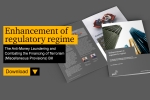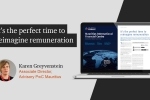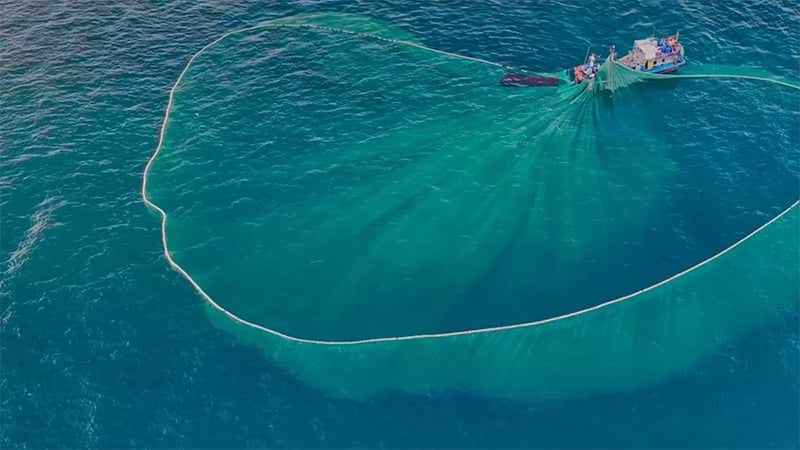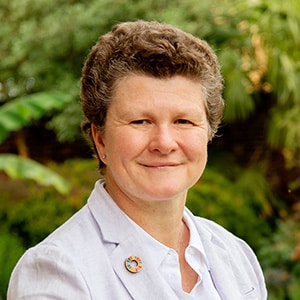Global leader in sustainability PwC was recognised as a Global Leader in ESG and Sustainability in Verdantix’s 2024 Green Quadrant: ESG And Sustainability Consulting report, highlighting our ability to provide robust sustainability services to clients across all sectors.
Top 1% sustainability performance PwC US, PwC UK, PwC Netherlands, and PwC Germany were awarded a Platinum rating by EcoVadis, the business sustainability ratings provider, ranking us in the top 1% for sustainability performance in our industry.
Innovation award winner PwC's ESG Reporting Manager for CSRD offers an efficient way to meet sustainability reporting requirements and won the SAP Innovation Award 2024.
Climate disclosure score This year, PwC achieved an A- for its 2023 CDP climate disclosure, demonstrating our commitment to leading practice in climate strategy and action. CDP is a nonprofit organisation that manages a global environmental disclosures platform.
Progress on PwC’s own net zero commitments The PwC network continues to make progress towards our net zero commitments. We have reduced our scope 1 and 2 greenhouse gas emissions by 71% from a FY19 baseline, sourced 95% renewable electricity for the PwC network, and reduced our scope 3 business travel emissions by 43% from a FY19 baseline. Please see our 2024 Network Environment Report for more on our progress on our commitments.
Delivering impact at global events PwC contributed insights at sustainability forums including COP28 in Dubai, the World Economic Forum's Annual Meeting in Davos, Climate Week in New York, the Global Solutions Summit, the World Business Council on Sustainable Development, and the World Energy Congress in Rotterdam.
Centre for Nature Positive Business We celebrated the one year anniversary of our Centre for Nature Positive Business which unites PwC nature specialists to accelerate the global transition to a nature positive and net zero future.
Doubling our number of nature practitioners The PwC network has doubled its number of nature practitioners from 500 to over 1,000, with specialisms including biodiversity, water, deforestation, marine resources and regenerative agriculture.
New Nature Strategy Handbook PwC UK collaborated with Business for Nature, a global coalition that brings together business and conservation organisations, to develop a new Nature Strategy Handbook, providing a step-by-step guide for businesses to establish their nature strategy.
Early adopter of Taskforce on Nature-related Financial Disclosures We are proud to be one of 320 organisations globally to commit to the Taskforce on Nature-related Financial Disclosures (TNFD). TNFD offers guidance to businesses to assess, report and act on their nature-related dependencies, impacts, risks and opportunities. Our disclosures are publicly available in our Network Environment Report.
Developing nature standards and frameworks The PwC network has driven the development of frameworks, standards, and methodologies necessary for rapid system-wide progress on nature by leveraging existing partnerships with Science Based Targets Network (SBTN), TNFD, and other leading initiatives. Highlights included leading the largest private sector programme to pilot TNFD with the World Business Council for Sustainable Development and working with the SBTN to help validate SBTN freshwater and land targets set by 17 pilot companies.
Empowering over 11 million young people Through our collaboration with UNICEF in support of Generation Unlimited, we participated in the launch of Green Rising at COP28 to empower 10 million youth with climate action knowledge and skills by 2026. Green Rising exceeded its ambition after less than a year and has to date worked with over 11 million young people.
Enabling a just transition The PwC network participated in Global Solutions Summit discussions with government, civil society, and business leaders and contributed thought leadership on building a just transition and sustainable society.


























